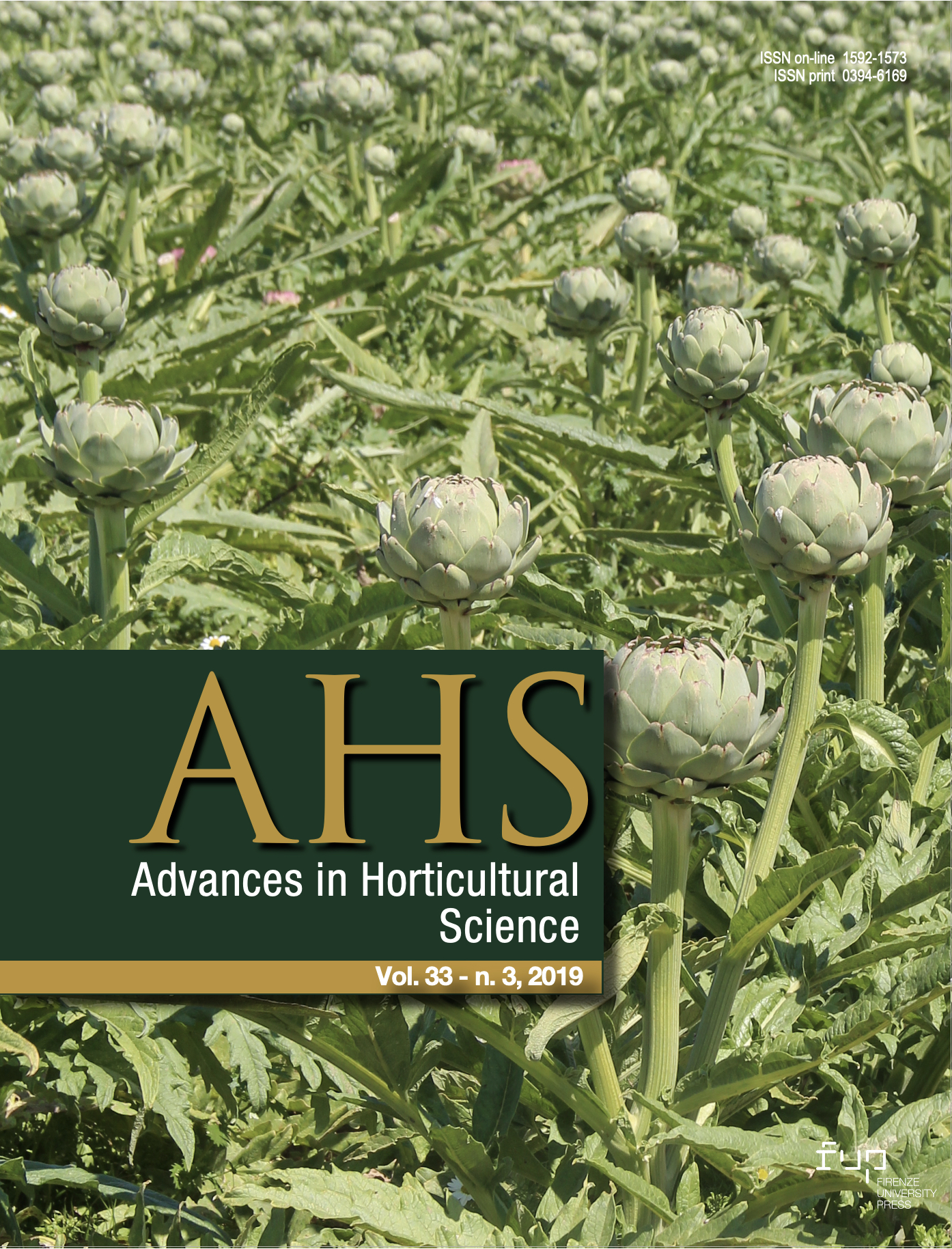Efficient and easy micropropagation of Morus nigra and the influence of natural light on acclimatization
Published 2019-10-29
Keywords
- Plant growth regulators,
- Benzyladenine,
- black mulberry,
- greenhouse,
- growth room
How to Cite
Abstract
Micropropagation, which employs various plant growth regulators (PGRs) in the culture medium for the induction of multiple shoots as well as adventitious roots, is a widely-used technique for the propagation of the genus Morus. The main objective of the present study was to evaluate the effect of PGR-free culture medium on the quantitative and qualitative characteristics of the micropropagation of Morus nigra under the growth room and greenhouse environmental conditions. Although a higher rate of multiplication (4.7-5.2 shoots/explant) was obtained from the treatments using Benzyladenine (BA) as the PGR, the PGR-free culture medium also exhibited comparable multiplication rate (4.1 shoots/explant) with a higher quality of shoots and without any symptoms of hyperhydricity. Furthermore, the use of PGR-free culture of M. nigra for in vitro propagation combined the steps of shoot multiplication and rooting phase using the same culture medium, further simplifying the process. In this study, the micro-shoots were also assessed for their in-vitro rooting and acclimatization potential. The incubation of an in-vitro culture of nodal explants in a controlled growth room for 28 days exhibited optimum response with about 90% rooting and 100% plantlet survival during the acclimatization phase. These results were better than those incubated under greenhouse conditions.






